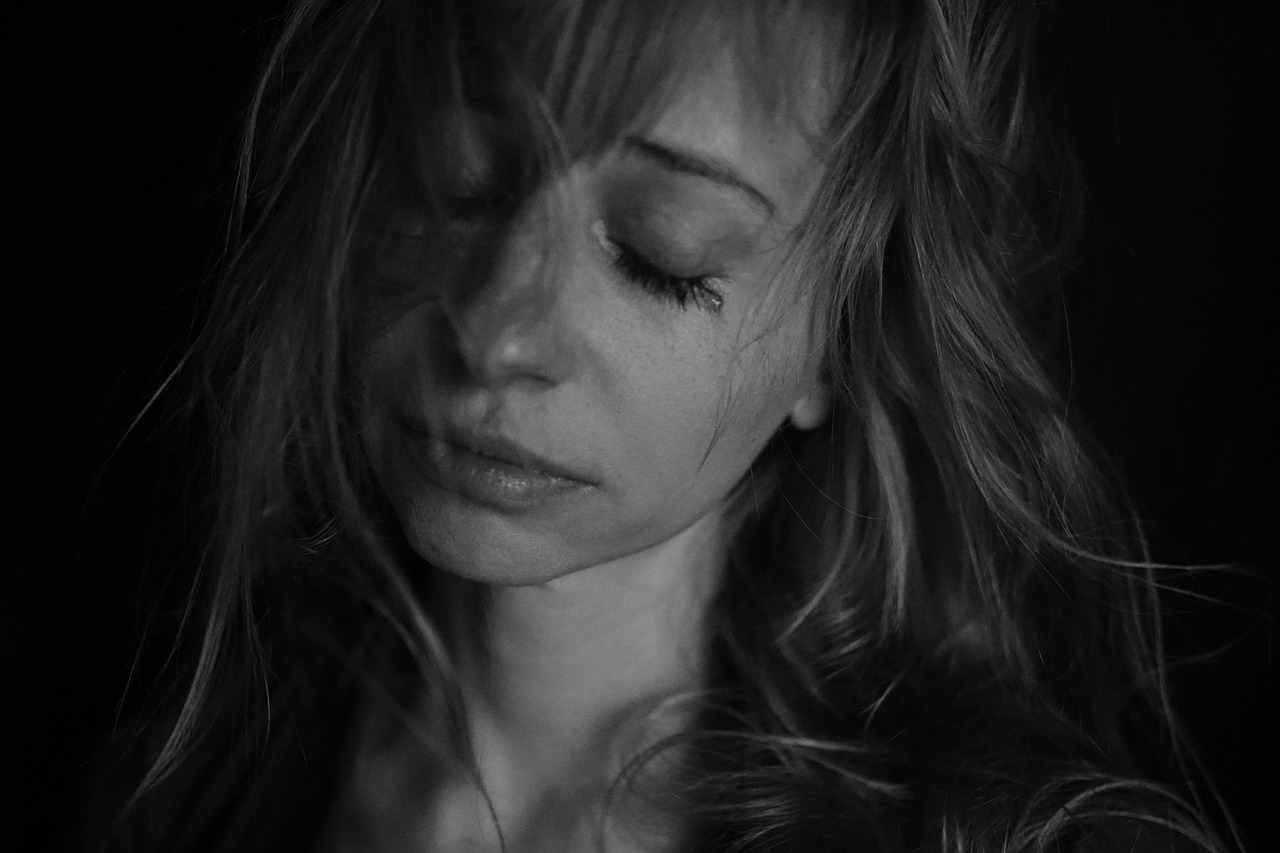The recent report by Women’s Aid, in collaboration with Trinity College Dublin and the Disabled Gender-Based Violence Taskforce, reveals the harrowing experiences of disabled women who endure abuse from their intimate partners. This study, titled “Disabled Women’s Experience of Intimate Partner Abuse in Ireland,” reveals the profound cruelty and manipulation faced by these women, who often find themselves trapped in abusive relationships where their disabilities are weaponised against them.
The report highlights that 98% of abused disabled women feel that their disability significantly impacts their ability to seek help and cope with intimate partner abuse. This is a staggering statistic that underscores the unique vulnerabilities faced by disabled women in abusive relationships. Many of these women are not only victims of abuse but are also dependent on their abusers for care, which adds another layer of complexity and entrapment.
The forms of abuse reported are varied and deeply disturbing. They include physical harm, sexual abuse, economic manipulation, and emotional torment. However, what sets the experiences of disabled women apart is the specific targeting of their disabilities. Abusers often withhold medication, deny basic care, and use the women’s conditions to belittle and control them. For instance, 60% of the women reported a lack of mobility support, which prevented them from performing basic tasks such as using the toilet, getting dressed, or leaving the house. Additionally, 70% of the women experienced derogatory name-calling related to their disabilities.
The psychological impact of such abuse is profound. Many women feel isolated and believe that professionals are less likely to believe their disclosures of abuse due to their disabilities. This perception is supported by the data, which shows that 68% of women felt that professionals were sceptical of their reports. This disbelief further isolates victims and discourages them from seeking help, perpetuating the cycle of abuse.
The report also highlights the systemic barriers that disabled women face when trying to access support services. Many women believe that domestic violence services are ill-equipped to address their specific needs, and as a result, they feel that these services are irrelevant or unhelpful. This is a critical issue that needs urgent attention, as it leaves many women without the necessary support to escape abusive situations.
Sarah Benson, CEO of Women’s Aid, emphasises the need for urgent action to protect disabled women from intimate partner abuse. The report outlines 28 recommendations aimed at ensuring the safety and welfare of these women. These recommendations include the resourcing and training of specialist domestic violence organisations and disability services to better support disabled victims of abuse.
The findings of this report highlight the urgent need for policymakers and support organisations to address the issues faced by disabled women in abusive relationships. The government’s third national strategy on domestic, sexual, and gender-based violence must prioritise the needs of disabled women to ensure they receive the protection and support they desperately need. By addressing the unique challenges faced by disabled women in abusive relationships, society can take a significant step towards eradicating this form of cruelty and ensuring that all women, regardless of their abilities, can live free from fear and violence.
If you have experienced any form of abuse please visit our website HERE for supports and help.
Subscribe to The FEMCAST and help us bring these critical stories to light. Each listener, each voice, and each story makes a difference. Together, we can break the silence.
If you enjoy my content and would like to support our research and work, consider buying me a coffee. Your contribution helps me continue creating this content. Thank you for your support! Click here to support
QR Code to support








